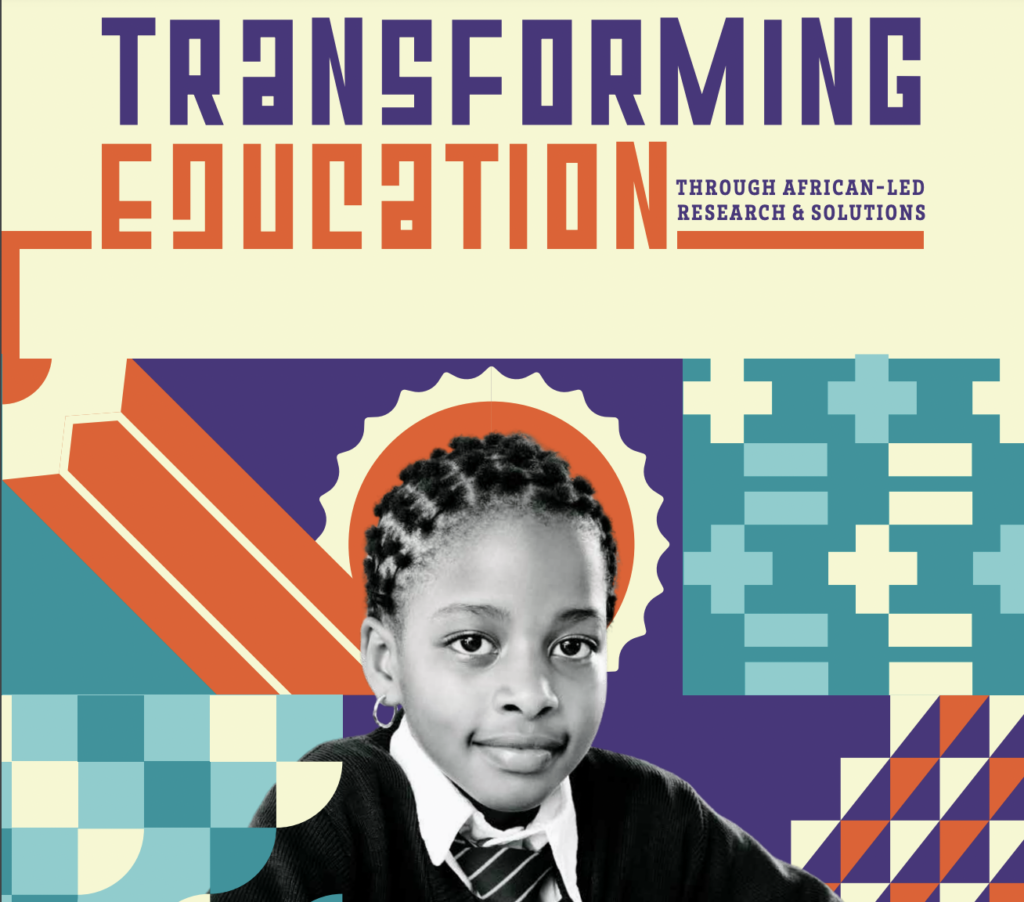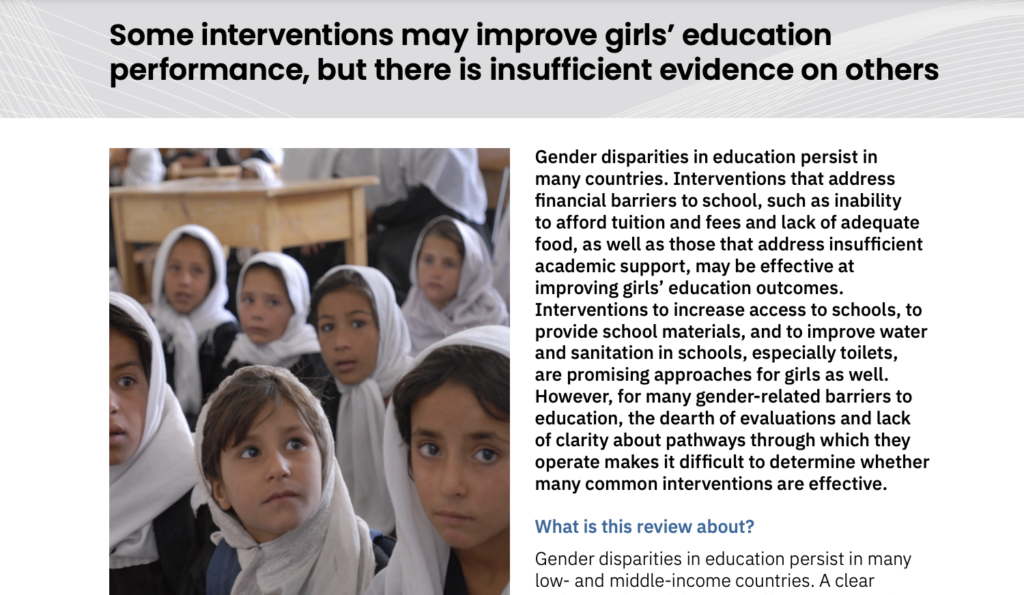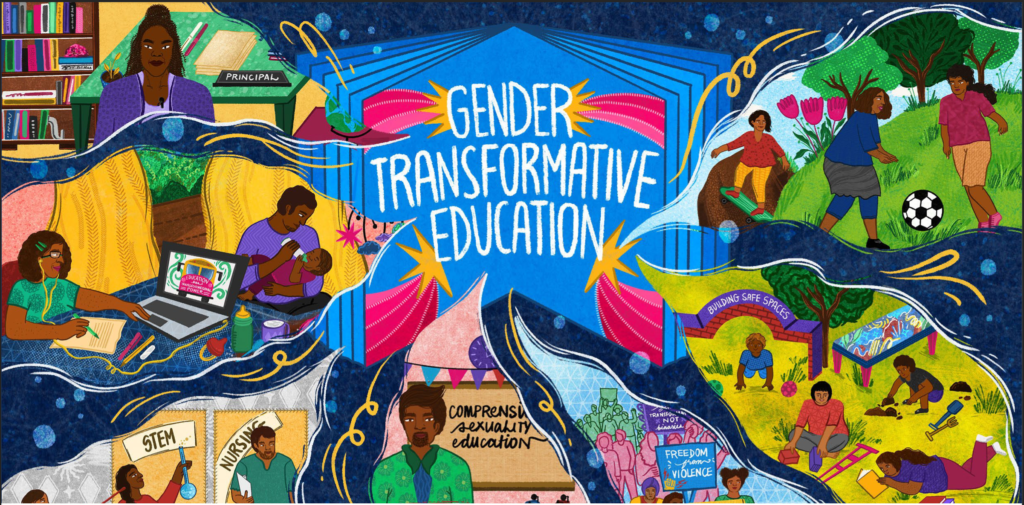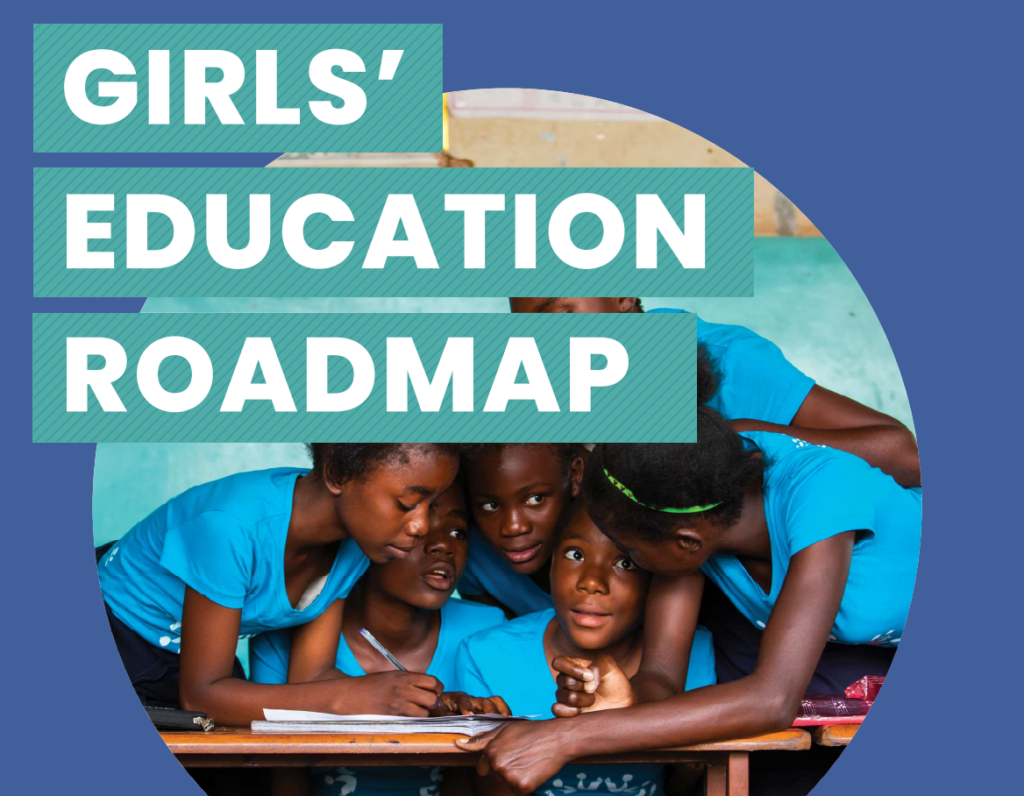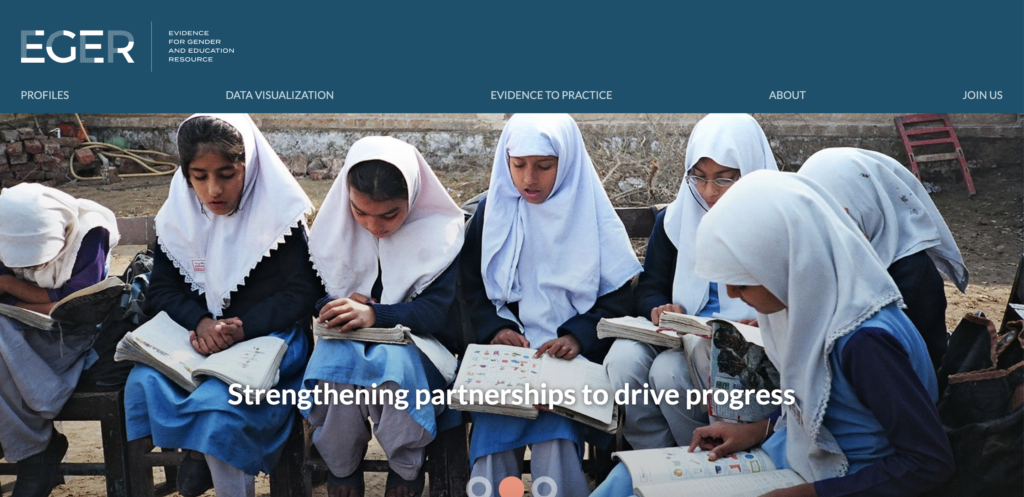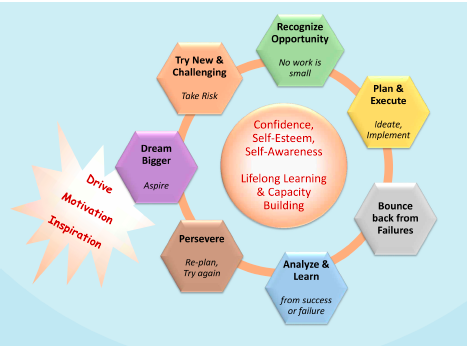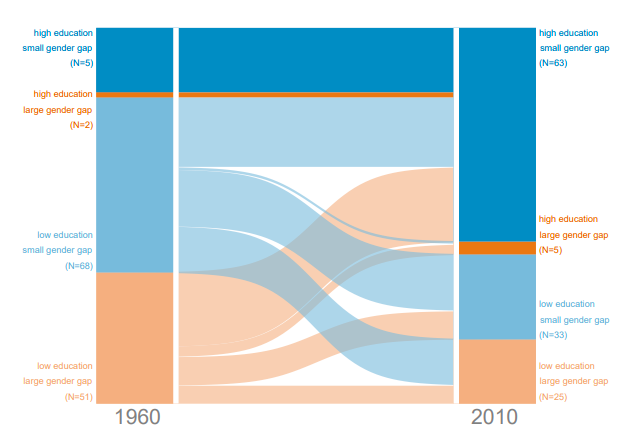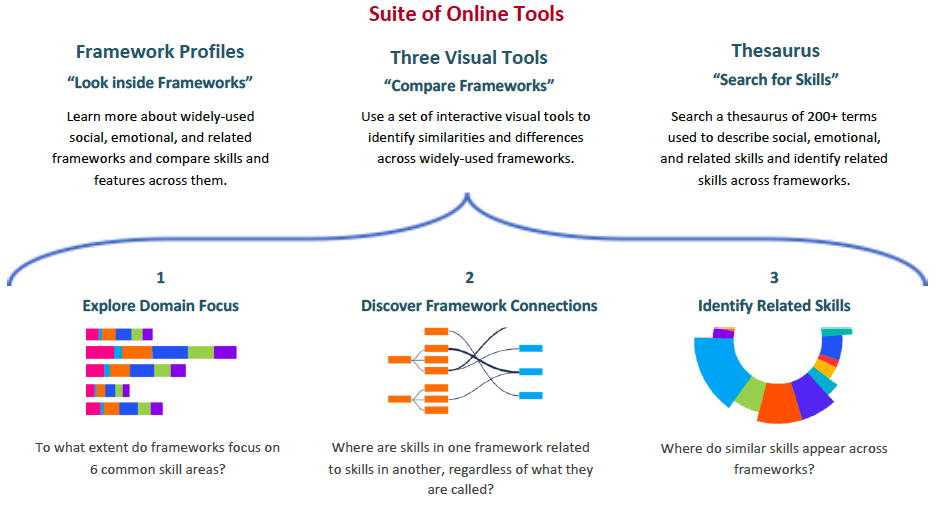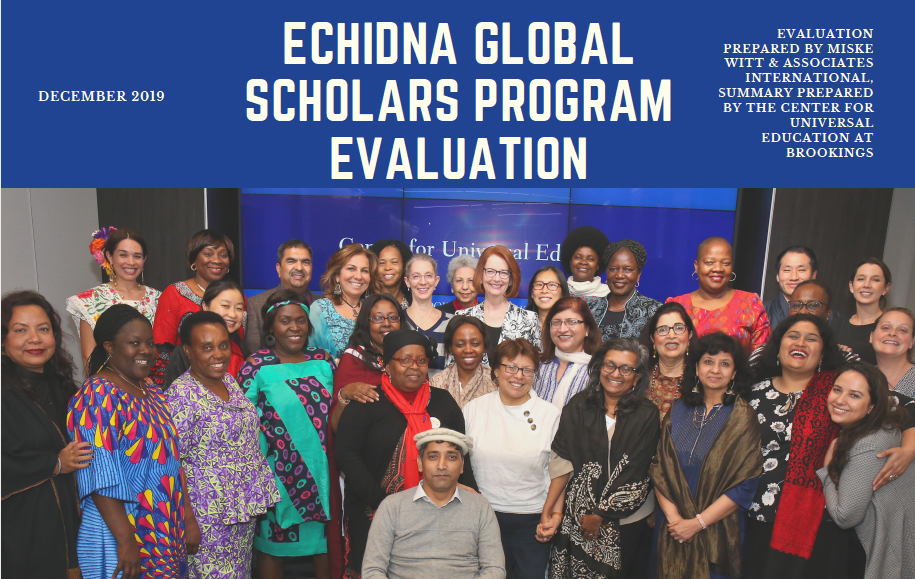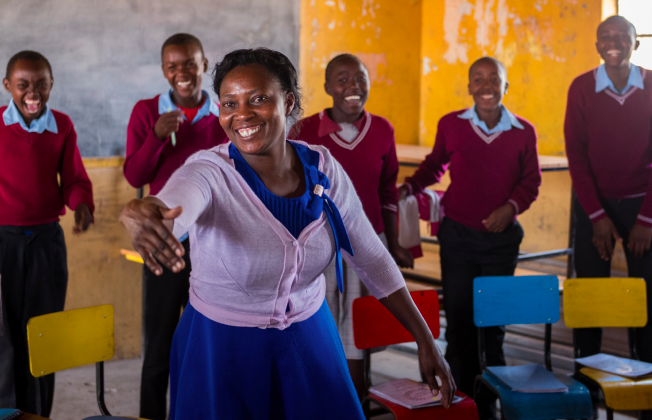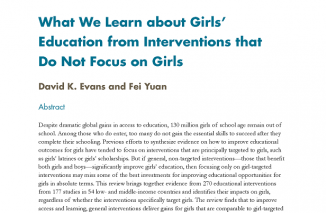- All
- education
- girls
- research we've funded
- trends
This report summarizes key insights from The Forum for Education Research in/for/by Africa to understand what it would take to shift power to African-led and African-based education researchers given the systemic power and funding differentials that structurally disadvantage the African research system. The Forum – which was convened by chidna Giving, Imaginable Futures, the Bill […]
In this systematic review, Population Council assesses evidence from 82 experimental and quasi-experimental studies of programs designed to address gender-related barriers to schooling. While some promising interventions were identified, there are significant knowledge gaps on how to address gender-related barriers that continue to prevent girls from enrolling, attending, and learning in school.
This brief details the merits of Gender Transformative Education and outlines actionable steps to make progress towards this transformation of our current education system.
A Road Map for Girls’ Education, developed in partnership with Population Council. The report reviews thousands of studies and assesses hundreds of organizations working across dozens of countries, providing a comprehensive view of what is happening in the sector and how that aligns (or not) with evidence of what works and needs on the ground.
This is a searchable, interactive database to help the gender and education community make informed decisions about their programming and investments.
Results of a process evaluation of the Delhi government’s Entrepreneurship Mindsets Curriculum, which rolled out across secondary schools in 2019.
This paper uses data from 126 countries to document trends in achieving gender equality in and through education between 1960 and 2010.
This brief provides an overview of global and international frameworks for social, emotional, and related skills. It provides an overview of the Taxonomy Project and how its set of online tools help to connect and compare frameworks.
This document provides an overview of key findings and recommendations from an evaluation of the Echidna Global Scholars Program at the Brookings Institution.
A study of 18 projects under the Partnership to Strengthen Innovation and Practice in Secondary Education, uncovering actionable lessons on how to design, implement, assess, and scale-up youth life skills programming.
This review brings together evidence from 270 educational interventions from 177 studies in 54 low- and middle-income countries and identifies their impacts on girls, regardless of whether the interventions specifically target girls.
Review of evidence on post-primary education that highlights priorities for future research.
Data and analysis on how proven practices can increase the number of adolescent girls attending school, drawing on more than 300 past and current programs in girls’ education.
Review of 150 studies to find out what learning environments are most effective for girls and how they contribute to girls’ and women’s empowerment.
A systematic review of evidence on how to improve learning outcomes and school access, drawing from 420 papers and 216 unique programs.
Consolidates hundreds of studies on girls’ education to easily and accessibly make the case for girls’ education, describe the current state of play, synthesize evidence on what works, and lay out the key challenges for the next decade.
A rigorous literature review on the interventions that can lead to an expansion in and improvement of girls’ education, and the relationship between girls’ education and gender equality.
Provides an overview of current data and trends related to the Sustainable Developments goals on education
A synthesis of Echidna Giving’s review of the literature related to girls’ education and interviews with over 60 individuals to inform our strategy.
The first World Development Report focused exclusively on education looks at: 1) education’s promise; 2) the need to shine a light on learning; 3) how to make schools work for learners; and 4) how to make systems work for learning.
Makes the case for how gender equality matters for development and outlines areas where there has been progress and where gaps remain.
A blog post arguing for a shift from focusing on the why of girls’ education to the how.
A study on the trends in gender parity over 10 years in 43 countries and what they mean for girls’ education.
A blog on the trends in gender parity over 10 years in 43 countries and what they mean for girls’ education.
Reviews in detail the progress in girls’ education, the work that remains to be done, and strategies for success.
Research by Echidna Global Scholars, leaders with substantial experience and ties to developing countries who serve as visiting fellows at the Brookings Institution
Provides a cost-effectiveness analysis of Camfed’s programme in Tanzania.
Examines the impact of gender on the survival, healthy growth and early years’ development of girls and boys.

